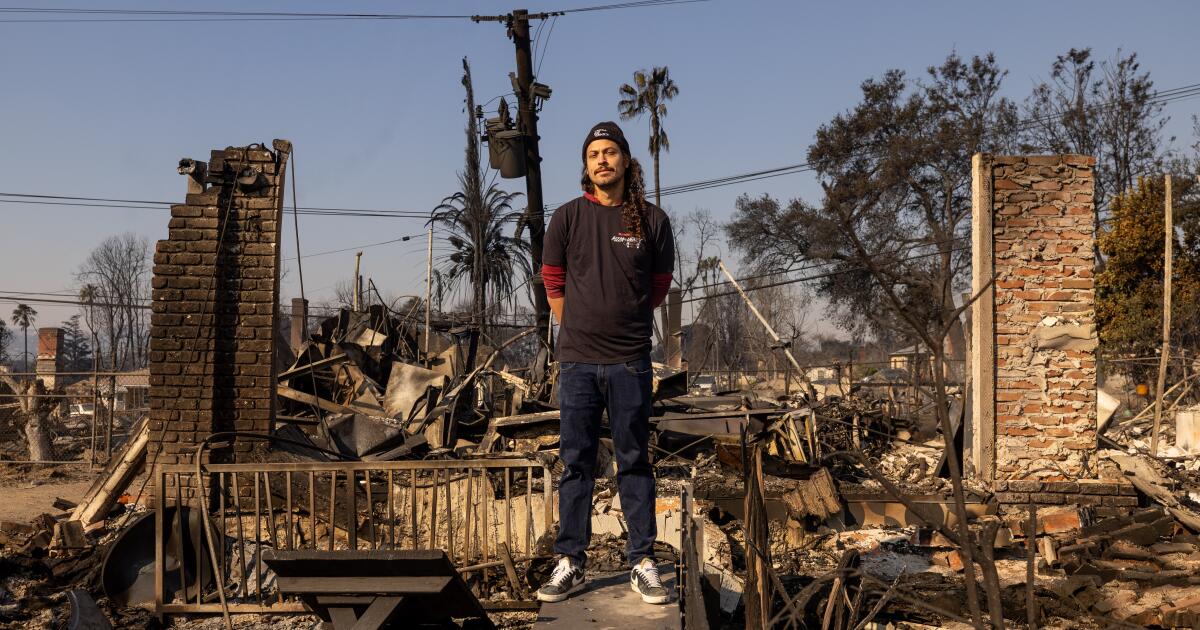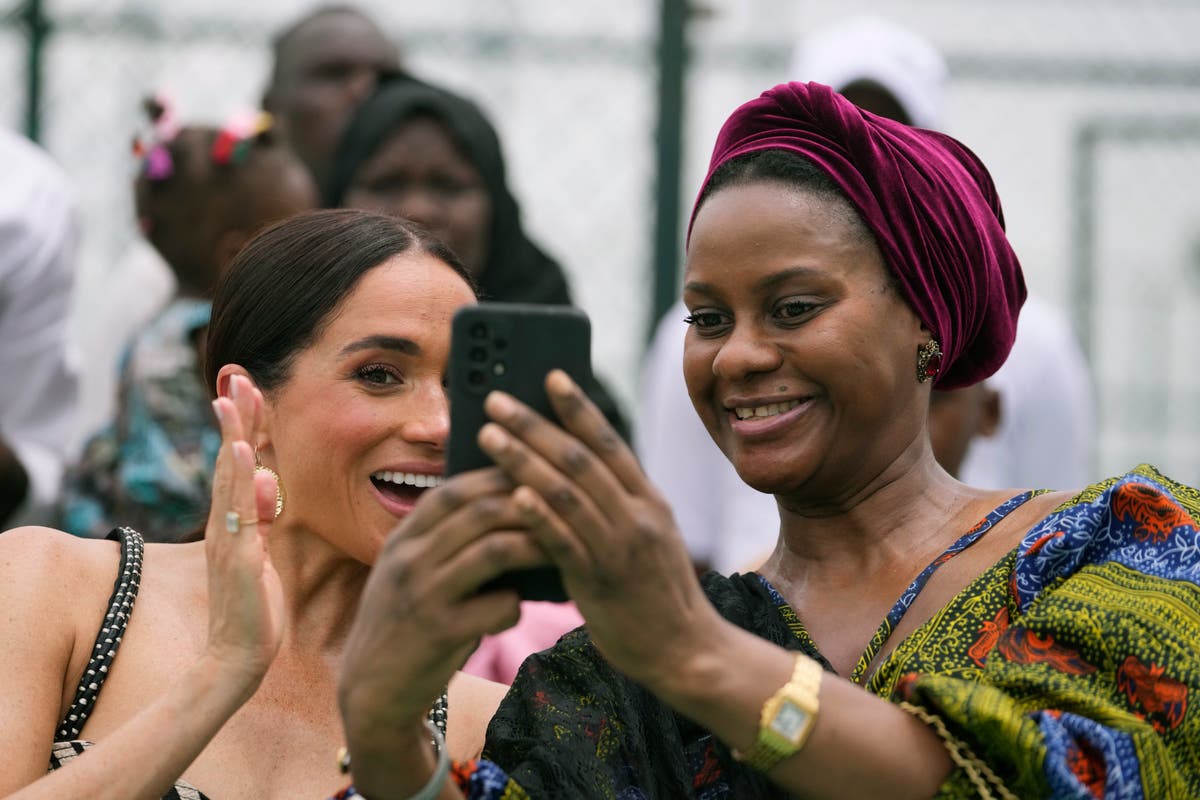Your support helps us tell the story.
In my reporting on women's reproductive rights, I have witnessed the critical role that independent journalism plays in protecting freedoms and informing the public.
Your support allows us to keep these vital issues under the spotlight. Without your help, we would not be able to fight for truth and justice.
Every contribution ensures that we can continue reporting on the stories that impact lives.
Kelly Rissman
US News Reporter
YoIn 2016, I cut a friend off. A very good friend. We had danced together in our bedrooms, on the slippery floors of sweaty nightclubs we'd sneaked into as minors, at our graduation, and eventually at her wedding reception. But soon after, the music stopped. I realized I no longer considered our friendship to be a positive force in my life.
Jenny* and I had been friends since the second day of high school, when we bonded because we were the only two girls in our year who hadn’t rolled up their pleated skirts above the knee. We hit it off almost immediately and seemed to share a lot of the same likes, dislikes, and insecurities. She was the only person who could make me snort tea through my nose while laughing uncontrollably, accompany me on late-night shopping trips, or take me to the movies to see romantic comedies that everyone else was too “cool” to watch. She was my go-to — until she wasn’t.
Although the realization that I no longer felt close or aligned with Jenny was quite sudden, the process leading up to it was longer than I understood at the time. We had entered the same university (she the year before me) and so I was excited to have a friend there when I arrived. But instead of making the most of those years together, she wanted us to seclude ourselves, to stay in, to stay together, “just the two of us.” I was eager to take advantage of all the opportunities that college life had to offer. She wanted to come home every weekend. She would walk to my student house to show me picture after picture on Facebook of what someone we no longer talked to from school was up to. She always seemed a little annoyed if I invited someone else over, as if it were in her place.
Once we finished college and moved out into the real world, I found that I had less and less to talk to her about. I was excited about life and the world, but when I told her stories about things I was doing, she would often smirk or seem disinterested. “You’ve become so weird,” she once told me, in response to my description of my weekend.
At first, though I didn’t want to let go of the friendship, I tried to gently shift the parameters. I made a concerted effort to talk about things I knew she was interested in or to arrange “nostalgic” activities for us to do together, but it was difficult. We struggled to find conversation topics, and I left feeling exhausted. “Just tell her what’s wrong,” my mother told me when I burst into tears during a shopping trip. “She’ll understand.”
But I didn’t agree, I was sure she would feel betrayed by my change of heart. So I stopped texting her back. It wasn’t easy. Her texts became more frequent and frantic as she struggled with the idea that I didn’t want to talk anymore. I felt bad every time her name appeared on my screen, and even worse when she started leaving voicemails demanding to know what I had done wrong. I didn’t want to hurt her, but I had gone too far and I couldn’t think of any other solution.
Are you reaching out to the person because you genuinely miss them and want to work things out, or is there something else motivating you? Being clear about why you want to reconnect will help you approach the situation with sincerity and respect.
Dr Carolyne Keenan, Clinical Director, Lotus Psychology Ltd
I'm not alone in this struggle. According to research by Gili Freedman, an assistant professor of psychology at St. Mary's College in Maryland who studies social rejection, 30 percent of people admit to having cut a friend off. Thirty-nine percent of people say they themselves have cut a friend off. I imagine that many of the people in the cut-off camp, rather than the doers, found themselves in a similar situation to me: perhaps cowards, unable to find a way to convey to a friend their feelings about their friendship.
It's been almost nine years since I unfollowed Jenny, so I've had a lot of time to think since then. I've checked out her social media (I still follow her, though she understandably unfollowed me), seen photos of her with her newborn son, and read comments about her new job. I feel compelled to reach out to her and tell her how happy I am for her, because I am.
I’m not the same person I was when we first became friends, nor am I the same person I was when I stood her up. Neither is she. And truth be told, I miss her. As time goes on, I find myself thinking of her more and more when something funny happens that I know she would appreciate as much as I do. Or when motherhood feels particularly hard, I can’t help but feel like she would have words of wisdom and a comforting pep talk to offer. I think we could build a new friendship, as adults, on the foundation of years of love and understanding and new boundaries that would hopefully mean we could both feel fulfilled.
I haven't contacted her yet, but should I? Is it unfair to contact her again after I've hurt her? Is it selfish of me? And, more importantly, is it a good idea to try to resurrect a friendship in the naive hope that it will be better this time?
“Approaching a friend you’ve ignored can be tricky, but it’s definitely worth considering whether the friendship was meaningful to you,” says Dr Carolyne Keenan, clinical director at Lotus Psychology Ltd. “Ghosting often happens because we’re avoiding an uncomfortable situation. But over time, that avoidance can lead to regret or unfinished emotional business.”

She advises that if you’re thinking about reconnecting, it’s important to approach it with honesty and humility. “Acknowledge the fact that you’ve been left speechless, accept it, without making excuses, and be prepared for the possibility that your friend is still hurt or needs time to process it,” she says. “If they’re open to talking, it can be an opportunity to clear the air, rebuild trust, and maybe even strengthen the bond. On the other hand, if they’re not ready or willing to reconnect, respect that and remember that you at least tried to make amends. Ultimately, the decision should be guided by your intentions — if you truly want to work things out and reconnect, it can be a healing experience for both of you.”
However, since I am a person who tends to rush into decisions, I want to take my time with this one. I want to know that I have checked off every part of the thought process necessary before I make it, and Yeah I do so, walk over and ask Dr. Keenan what this process should consist of…
“Before you get back in touch with that person, think about why you left them in the first place,” she says. “Was it a situation you didn’t know how to handle, or were there deeper issues in the friendship that you weren’t ready to confront? Understanding your own motives can help you determine if reconnecting is the right decision.
“Next, think about how much time has passed and whether you’ve both had a chance to calm down or grow from the experience. Timing can be crucial: if it’s too soon, emotions may still be running high; if it’s too late, you may have moved on completely.”
Dr. Keenan is also clear that when we try to reconnect with someone we’ve ignored, we need to be prepared for any outcome. “Your friend may welcome you back with open arms, or they may feel hurt or hesitant,” she says. “Lastly, think about your intentions: Are you trying to reach out to that person because you genuinely miss them and want to work things out, or is there something else driving you? Being clear with yourself about why you want to reconnect will help you approach the situation with sincerity and respect.”

Am I clear on why I want to reconnect with her? Not quite. I feel like she’s “missing” from my life in a way that I wasn’t when it all happened. But part of me also wonders if I’m looking at our friendship through rose-colored glasses. However, I also feel a visceral sense of regret and wonder if we could have worked things out if I’d been able to approach it with the emotional maturity I possess now.
Yet as I think about it, with the words of the experts ringing in my ears and no obstacle standing between me and my decision, I can’t shake the feeling that I only have 50 percent of the information I need to make an informed decision. I know I’ve grown up, I know where my life is and how I feel about it, but my impression of her and who she might have become is based entirely on my own imagination. And that seems like a pretty crucial factor to leave out of the verdict – it’s like buying a house after only seeing the outside.
I wonder if it's a bit like getting back together with an ex-boyfriend after years of romanticizing the connection you had; often, what was once familiar suddenly becomes unfamiliar in reality. And that usually hurts more than keeping our ending as it was.












